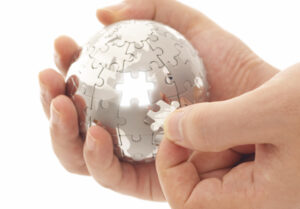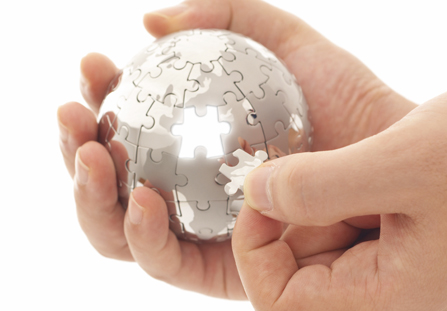 Technical translators are generally regarded as providing professional translation services for specific purposes such as medical documents and handbooks, scientific material, legal documents, manuals and user information for appliances or equipment of all types. However the nature of translation services in Australia, as in the rest of the modern world, is changing. Technical translators are adapting to an increasingly globalised and technology-savvy world.
Technical translators are generally regarded as providing professional translation services for specific purposes such as medical documents and handbooks, scientific material, legal documents, manuals and user information for appliances or equipment of all types. However the nature of translation services in Australia, as in the rest of the modern world, is changing. Technical translators are adapting to an increasingly globalised and technology-savvy world.
Take the translation of instruction manuals for electronic appliances or workshop manuals for engines, for instance. In the past, these manuals may have been printed in a single language which was usually the language of the country in which the piece of equipment or machinery was manufactured or in the language of the country which was the major market. These days, the global marketplace has expanded. A digital TV may be sold in any one of more than 100 different countries. The language diversity is overwhelming. If customers are going to be able to use these products safely then there is a need for competent technical translation services to provide the necessary information.
Legal documents are another example of highly technical material that requires specialised technical translators if the specific legal meaning contained in these documents is to be conveyed effectively. Legal document translation services have to take into account not just the languages themselves but the law itself. Technical translators who specialise in legal document translation must become acquainted with legal differences and specific terminology used in both the base language and target language.
Marketing translations may also need technical translators. This type of translation, more than any other type, must respond to the cultural peculiarities of the target market. That means the nuances in the dialect or language used by a specific gender, ethnic community, age or social group. Technical translators now need to be aware of the importance of localisation which is the adapting of marketing material to maximise comprehension by a particular target market in a specific area.
Technical translators are also widely used in translating medical documents and instruction manuals. Medical instruments and drugs are manufactured all over the world and are distributed world-wide. It is vital that information about their use is understood. Lives may depend on accurate technical translation. Translation agencies in Australia or elsewhere that specialise in translating medical information, documents and data have a responsibility to understand who the intended end-user is and adapt their translation accordingly.



